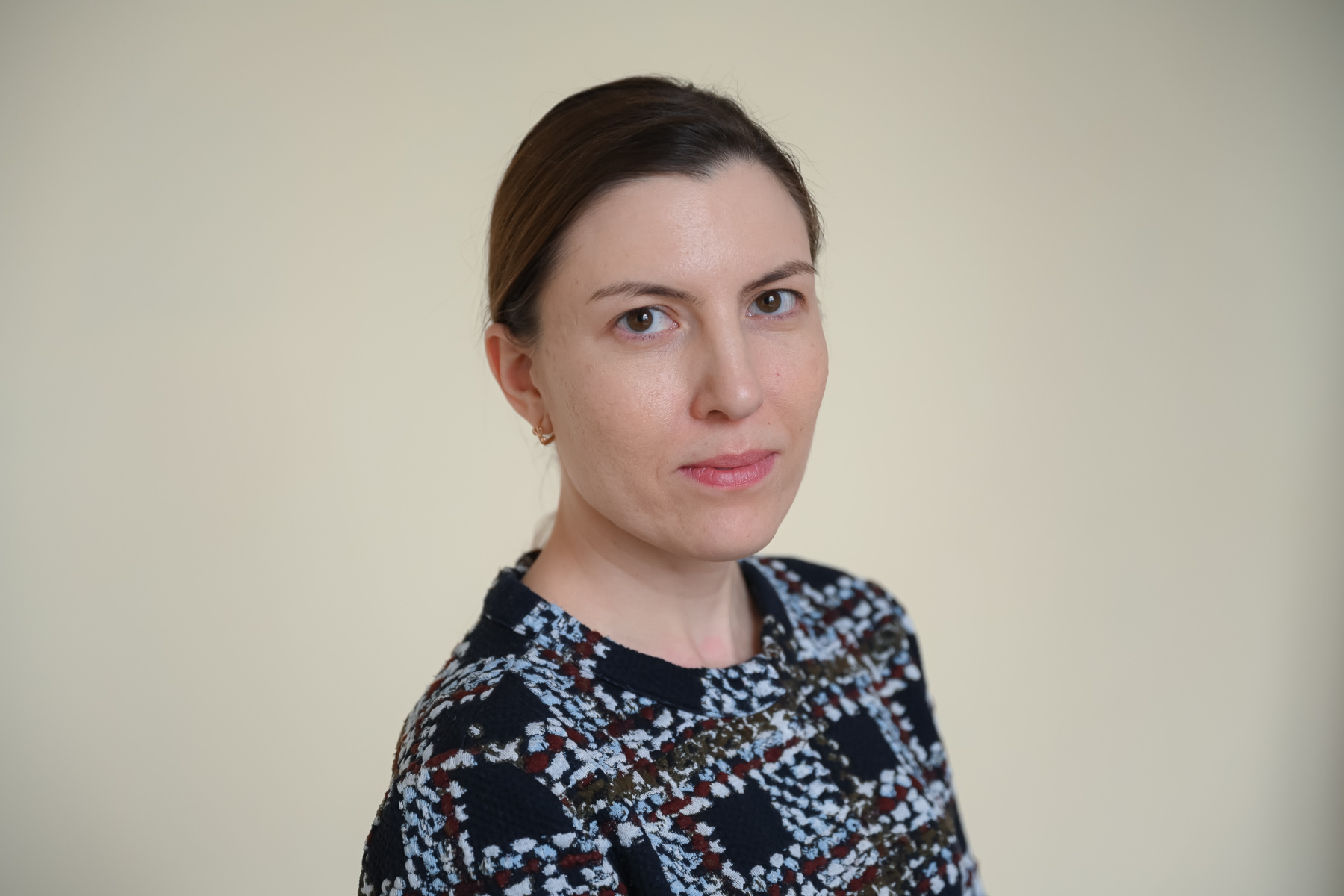Tomsk State University historians are conducting a large-scale study of the perception of the Russian literary canon in Russia and other countries. They have learned that the Russian school curriculum is focused on the classics of the 19th century, while, for example, British universities focus more on the 20th century. The results of the project will be of great interest to literary critics and all those interested in Russian classical literature. The project aims at engaging a broad audience in the in-depth study of Russian literature and promoting the Russian language abroad, which is one of Russia's foreign policy goals these days.
International relations specialists of TSU’s Faculty of Historical and Political Sciences, represented by Larisa Deriglazova, professor in the Department of World Politics, and Anastasia Pogorelskaya, associate professor in the Department of World Politics, are studying specifics of the content and interpretation of the Russian literary canon in Russia and abroad. The literary canon refers to a list of must-read works that are significant for the national culture and reflect its key values.
“We assume that Russian literature remains a part of the global culture, as well as a source of understanding the specifics of Russian society and its mentality," says Anastasia Pogorelskaya. “Since we are international relations specialists, not philologists, the focus of our research is the historical and political context of the literary canon. The research also analyzes promoting the Russian language abroad, where international relations specialists still have a lot of work to do.”

“In the Russian school curriculum, the literary canon is mainly the works of 19th century authors: Alexander Pushkin, Leo Tolstoy, Mikhail Lermontov, Ivan Turgenev, Nikolay Gogol, and Anton Chekhov. In terms of its value content, it aims at fostering civic and patriotic value in school students, while teachers aim at fostering universal value,” Anastasia Pogorelskaya highlights.
The historians then studied the differences between the content of the Russian literary canon in Russia and other countries. They have discovered that, for example, in Great Britain, Russian literature is studied only in certain universities - Oxford University, Cambridge, University of Sheffield, University of Durham, and University of Edinburgh. The compulsory program includes both works of 19th century authors (Alexander Pushkin, Nikolay Gogol, Fyodor Dostoevsky, Leo Tolstoy, Anton Chekhov), and works of 20th century authors (Alexander Blok, Anna Akhmatova), including works of the Soviet period (Vladimir Mayakovsky, Andrei Platonov, Varlam Shalamov).
The TSU scientists plan to specify and compare their initial conclusions from Britain with other countries at the next stage of research.